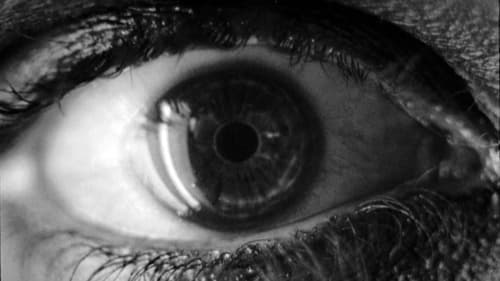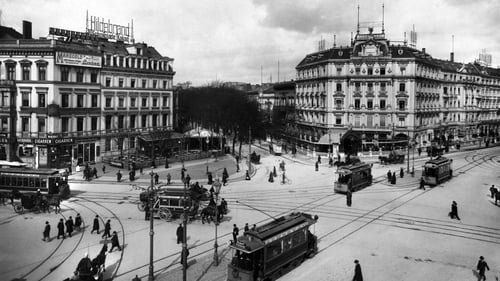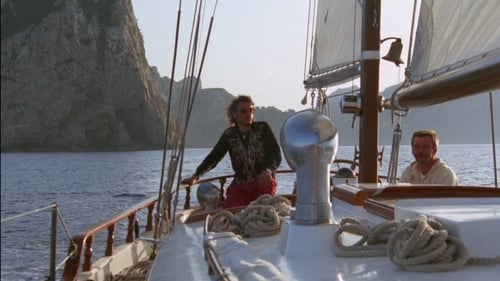
Himself
Argentinian film historians find a complete print of Fritz Lang's “Metropolis” (1927) at Buenos Aires Film Museum and take it to Germany for its restoration.

Self
A documentary about the making of the final version of "Metropolis" by restoring all material from different sources.

"Tracing Battleship Potemkin" goes on to detail the extensive number of shots long lost from constant authorized and unauthorized re-cuts in the last 80 years, and how many of those shots have been returned. Indeed, the film is all the more powerful and lyrical with a number of key scenes (especially the famed "Odessa steps" sequence) filled out and shaded with emotional nuance.

Himself
Featuring interviews with daughter Nicola Lubitsch, film historians Enno Patalas and Jan-Christopher Horak and filmmaker Tom Tykwer (among others), Ernst Lubitsch in Berlin documents the life of the legendary filmmaker from his birth in 1892 to his departure for Hollywood in 1923. The documentary is sprinkled with excerpts from Lubitsch's rarely-seen early work (both as actor and director) and offers fascinating insights into the German film industry in the silent era.

Director
A documentary about Fritz Langs "Metropolis" by Enno Patalas.

Himself
A documentary about Fritz Langs "Metropolis" by Enno Patalas.

Sterling Hayden deu por si cooperando com o Comitê de Atividades Antiamericanas em Hollywood dos anos 40 e 50. Este filme acompanha a inquieta busca do ator por um significado, seu desconforto com o dinheiro fácil de Hollywood e as circunstâncias que o levaram a citar nomes através de encenações.


Pastor Fuhrmann
Na manhã de 26 de maio de 1828, na cidade de Nuremberg, um rapaz foi abandonado com uma pequena carta endereçada ao capitão da cidade. Os habitantes acharam que o rapaz fosse doente ou tivesse alguma deficiência, pois não conseguia andar e sequer se comunicar. A carta dizia seu nome, Kaspar Hauser, e explicava que toda a vida ele havia passado preso em uma torre, nunca aprendendo nada ou vivendo em sociedade. Após ser adotado por uma família e aprender a falar, o rapaz contou que até o dia em que foi abandonado jamais havia visto antes o rosto de uma pessoa. Kaspar tornou-se um fenômeno entre a realeza alemã, principalmente pela aptidão assustadora que tinha para a música, mas era incapaz de diferenciar sonhos e realidade e não conseguia compreender as convenções sociais, como a política e a religião. O filme é baseado em fatos reais. (e 12 - Estimado 12 Anos)

Himself
Documentary about the current state of German cinema. Produced for German television.

Writer

Director

Writer
A documentary short film by Ferdinand Khittl on Munich's 800th anniversary.

Himself (uncredited)
Vesely’s study on changing urbanity claims that "the Espresso has a democratic touch." Italy has expanded into Munich and instead of beer hall cellars, there are Cappuccinos, ice creams and tables in the open.





